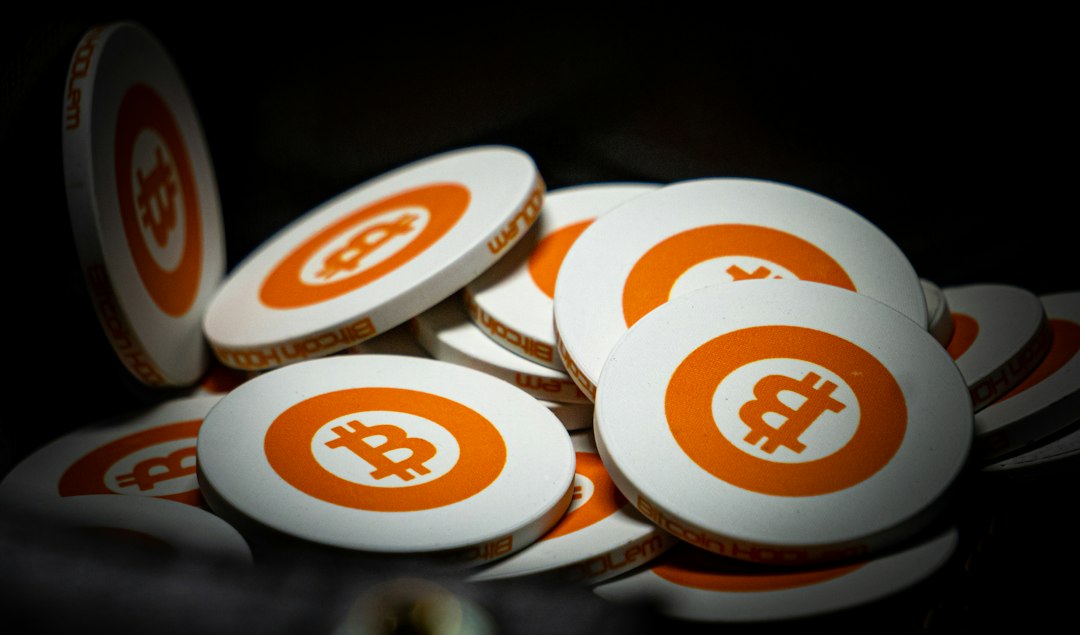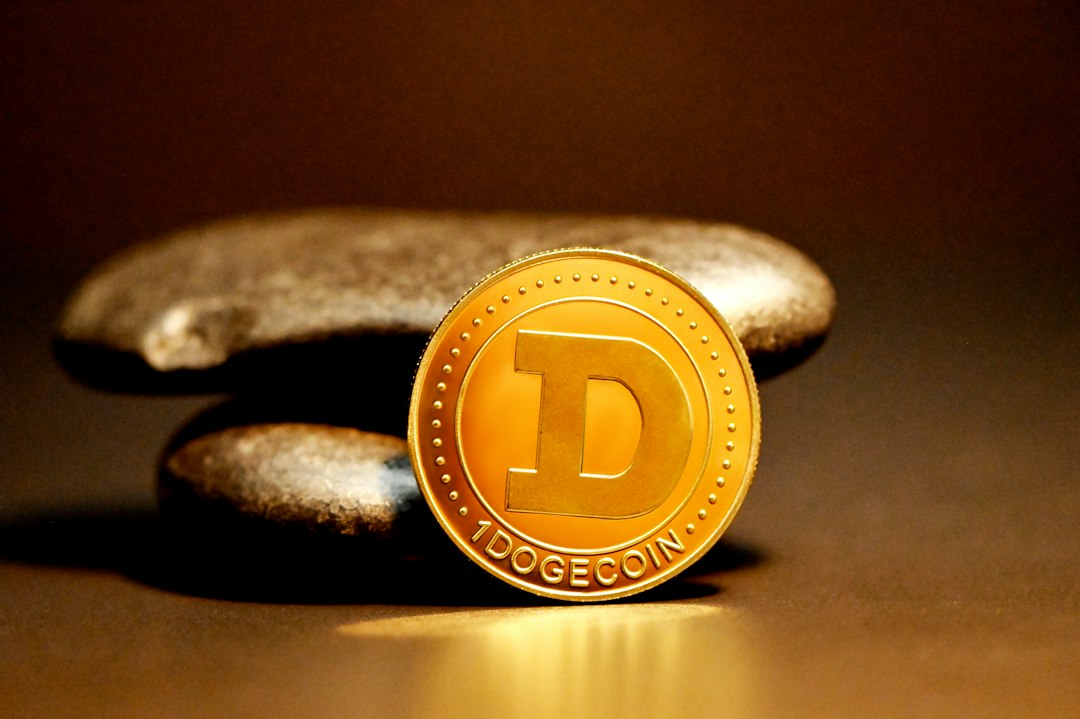Kucoin Agrees to Pay $22 Million and Bans New York Residents
Crypto exchange Kucoin has reached a settlement with the State of New York, agreeing to pay $22 million and prohibiting residents of the state from using its platform. The stipulation and consent order were filed in the New York Supreme Court on December 12.
Kucoin’s Admission and Actions
According to the order, Kucoin acknowledges that it operates a cryptocurrency trading platform where users, including those in New York, can buy or sell cryptocurrencies classified as securities or commodities under New York state laws. However, Kucoin is not registered as a securities or commodities broker-dealer. Additionally, Kucoin admits that it represented itself as an “exchange” without being registered as one in accordance with New York State laws.
Kucoin has agreed to close the accounts of all New York resident users within 120 days and prevent them from creating new accounts in the future. Withdrawals will only be accessible for 30 days, allowing users 90 days to withdraw their funds.
A Shift in Policy
Kucoin was previously known for its pro-privacy policy that did not require users to comply with KYC/AML regulations. However, in June, the exchange announced mandatory KYC for all users, ending its long-standing policy. Non-verified accounts were blocked from making deposits and all services were halted for these users after July 15. The recent settlement confirmed that some of these users were residents of New York.
Kucoin’s Significance
Kucoin is a prominent crypto exchange with a daily trading volume exceeding $1 billion and over 2 million weekly website visits.
Hot Take: Kucoin Faces Consequences for Regulatory Non-compliance
Kucoin’s agreement to pay $22 million and ban New York residents reflects the consequences of operating without proper registration as a securities or commodities broker-dealer. This settlement highlights the importance of regulatory compliance in the cryptocurrency industry. As governments worldwide strengthen their regulations, crypto exchanges must adapt and ensure they meet the legal requirements of the jurisdictions they operate in. This case serves as a reminder that even exchanges with significant trading volumes and user bases are not exempt from regulatory scrutiny.





 By
By
 By
By
 By
By
 By
By

 By
By